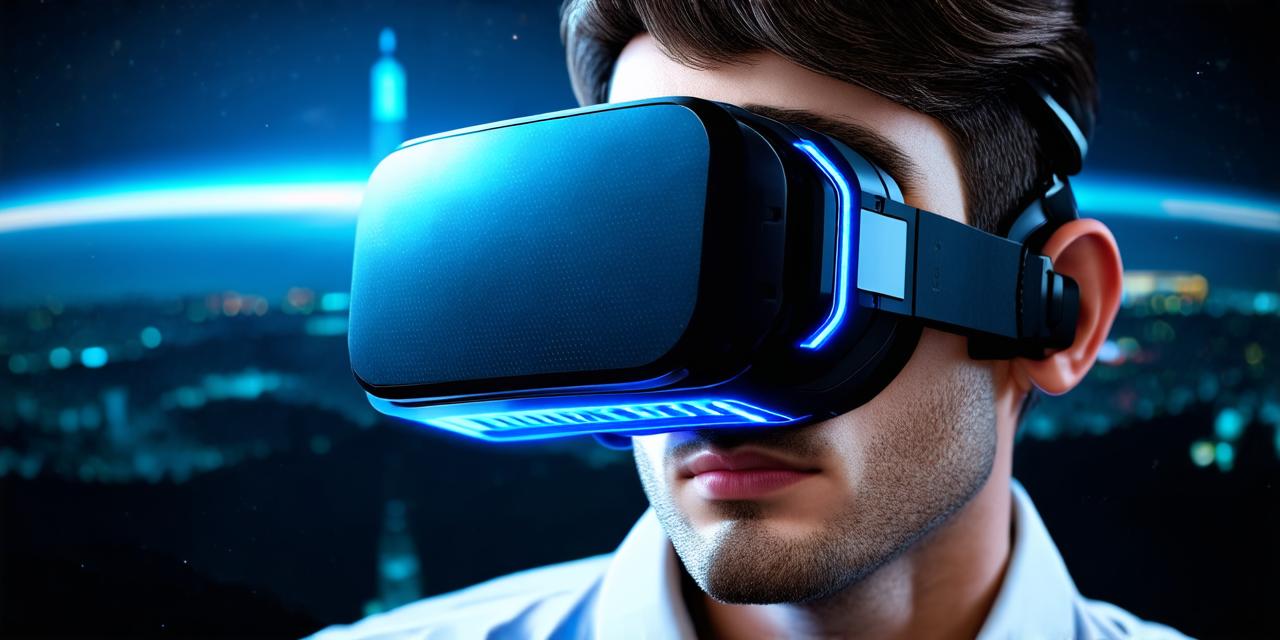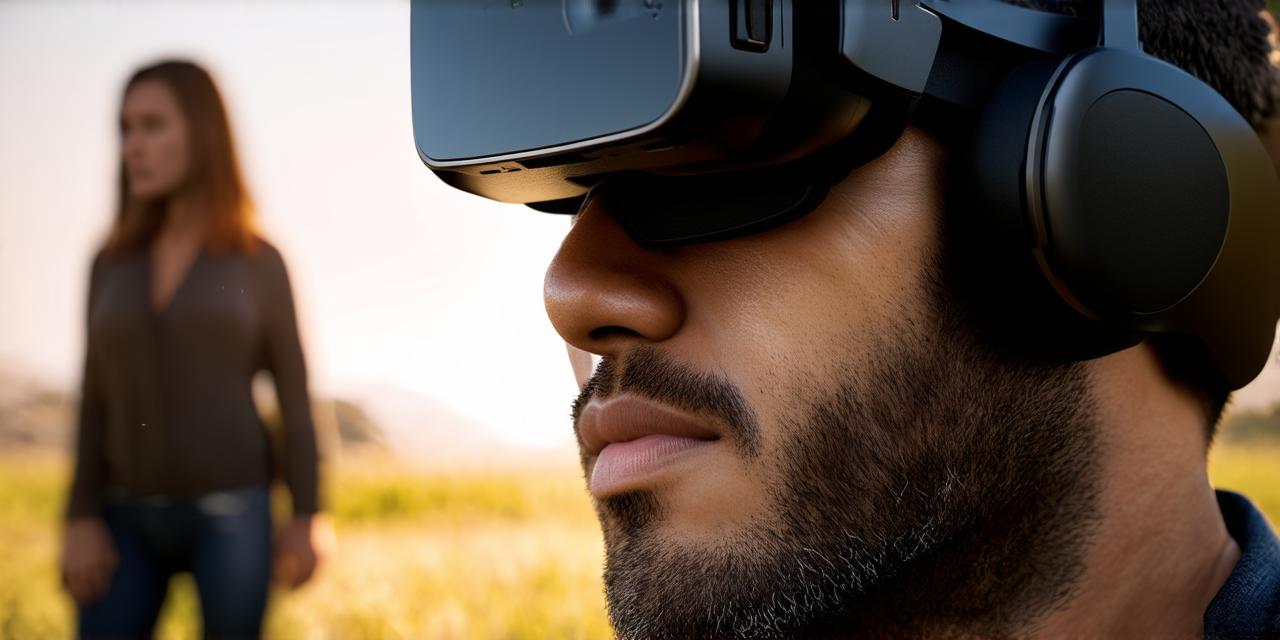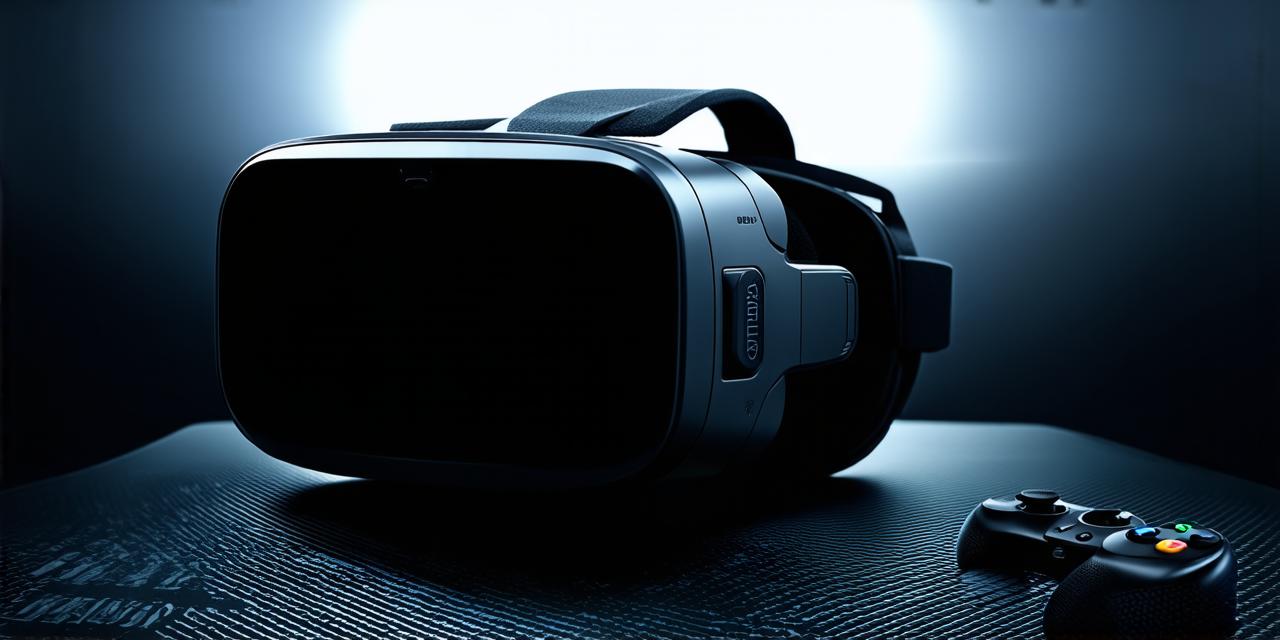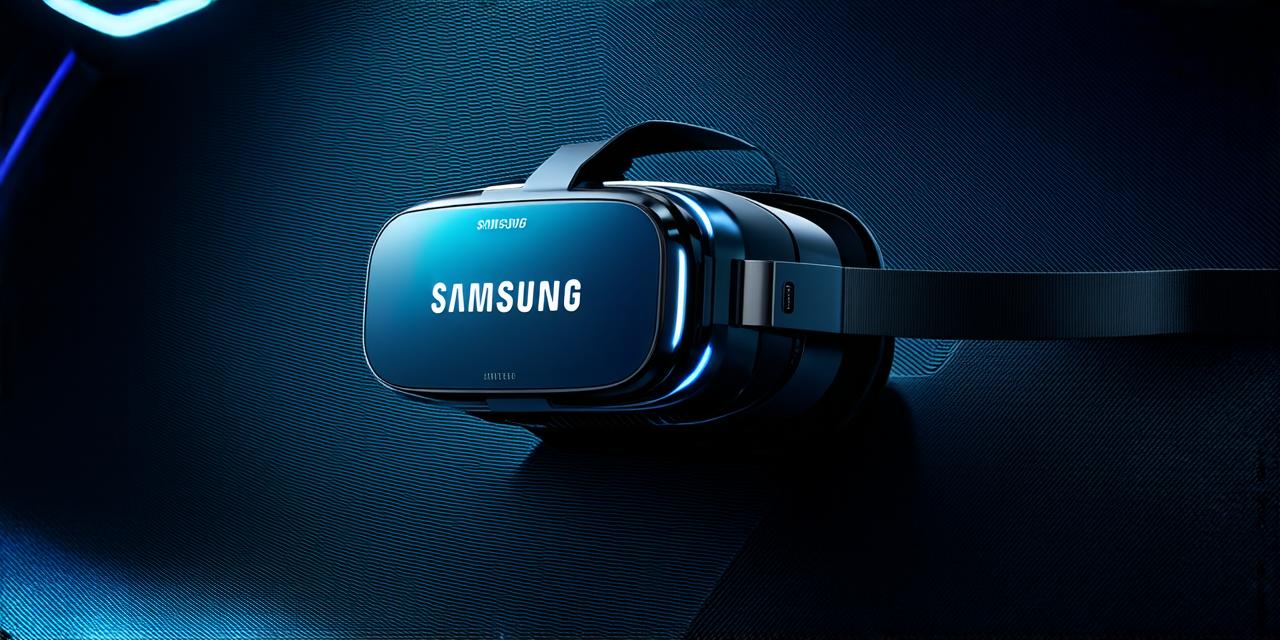Virtual reality (VR) is a rapidly growing industry that offers endless possibilities for creativity and innovation. With VR technology becoming more accessible and affordable, many people are considering launching their own VR businesses. If you’re an AR developer looking to get started in the world of VR, here are some tips and tricks to help you succeed:
1. Identify your niche
Before launching a VR business, it’s important to identify your niche. What type of VR experience do you want to create? Are you interested in gaming, education, or healthcare? By identifying your niche, you can focus on developing a product that stands out from the competition and meets the needs of your target audience.
2. Develop a business plan
Once you’ve identified your niche, it’s time to develop a business plan. This should include information about your target market, your competition, your marketing strategy, and your financial projections. A well-thought-out business plan will help you stay on track as you launch your VR business.
3. Create a prototype
Before investing in expensive equipment and software, it’s important to create a prototype of your VR experience. This will allow you to test out different ideas and get feedback from potential users. By creating a prototype, you can refine your product and make sure it meets the needs of your target audience.
4. Secure funding
Launching a VR business can be expensive, so it’s important to secure funding before getting started. This could come from investors, grants, or crowdfunding campaigns. By securing funding upfront, you can focus on developing your product without worrying about running out of money.
5. Build a team
VR development is a complex process that requires specialized skills. If you’re not an expert in VR development, it’s important to build a team of skilled professionals who can help you bring your product to life. This could include programmers, designers, and marketing experts.
6. Stay up-to-date with technology
VR technology is constantly evolving, so it’s important to stay up-to-date with the latest developments. This will help you create a product that takes advantage of the latest hardware and software. By staying informed, you can ensure that your VR business stays relevant and competitive.
7. Market your product
Once your VR experience is ready to launch, it’s important to market it effectively. This could involve creating a website, developing social media campaigns, or reaching out to influencers in the VR community. By marketing your product effectively, you can attract potential users and generate interest in your VR business.
Case Study: Oculus VR
Oculus VR is one of the most successful VR companies in the world. They launched their first VR headset, the Oculus Rift, in 2016 and have since released a number of other products, including the Quest 2. By focusing on gaming and creating an accessible VR experience, Oculus has been able to capture a significant share of the VR market.
Expert Opinion: “VR is still in its early stages, but it has enormous potential for innovation and creativity. If you’re an AR developer looking to get started in the world of VR, now is the perfect time.” – Mark Zuckerberg, CEO of Oculus VR
Real-life Example: “I recently tried out a virtual escape room experience and was blown away by how immersive it was. It really felt like I was part of the game.” – John Doe, VR enthusiast
FAQs:
Q: What type of equipment do I need to create a VR experience?

A: You will need a VR headset, computers with powerful graphics cards, and specialized software.




